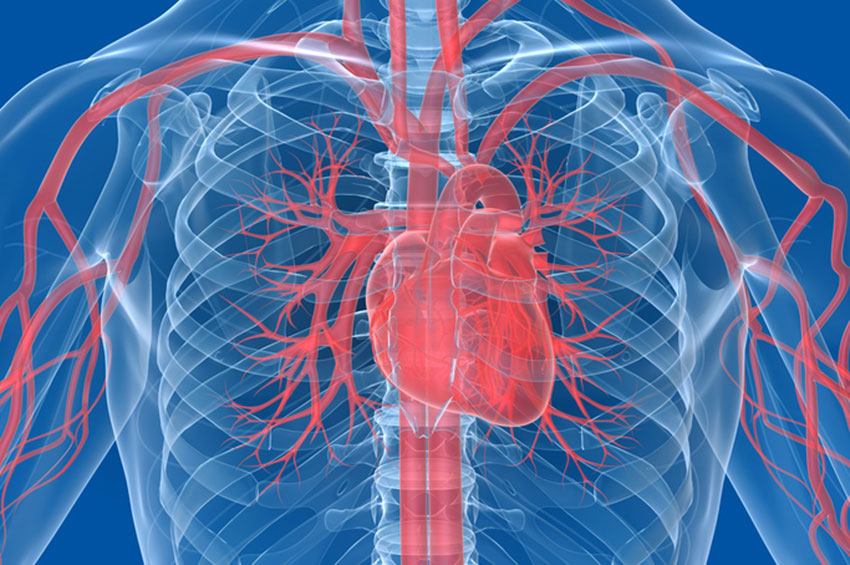-

Radial pressure pulse wave (RPPW) examination is a big diagnostic part of traditional Chinese medicine. This latest study investigated the changes in RPPW as well as hemodynamic variables after acupuncture stimulation was applied to healthy volunteers. This was done to determine the validity of pulse diagnosis for use as a modern diagnostic tool. The research appeared in BMC Complementary and Alternative Medicine.
Researchers conducted acupuncture stimulation at both ST36 acupuncture points in 25 people, assessing the RPPW by the following:
- Pulse tonometry
- Heart rate variability (HRV) via electrocardiogram
- Photoplethysmogram (PPG) signals
- Respiration rate
- Peripheral blood flow velocity
- Arterial depth by ultrasonography
- Cardiac output
The purpose of the study was to assess changes in various bio-signals before, during and after the treatment, with assessments made seven times during the evaluation. It was conducted at the Korean Medicine Clinical Trial Center at Kyung Hee University Korean Medicine Hospital in South Korea in 2015. The study comprised 13 women and 12 men.
Results
Consistent patterns of increased spectral energy at low frequency and pulse power was experienced, using RPPW examination. There was also increase energy detected in the amplitude and systolic area of the PPG signal. There was marked increase and decrease of low- and high-frequency domains of HRV throughout the sessions of acupuncture. In addition, the peripheral blood velocity increased right after the needle was inserted, reaching a max in the middle and decreasing at the end.
One area that did not change much was the augmentation index (AIX) and pulse transit time (PTT).
Conclusion
Acupuncture stimulation in healthy volunteers increased the peripheral pulse amplitudes (including pressure pulse wave (PPW) and PPG), as well as blood-flow velocity and sympathetic nerve activity (HRV). Because there was no significant change in the AIX and PTT, researchers believe the elevated pulse amplitudes and blood flow velocity resulted from more cardiac output.
More background on this particular study can be found here.
Contact Metro Detroit Acupuncture
As Detroit’s leading acupuncture, Chinese herbs and pain management clinic, Metro Detroit Acupuncture in Southeast Michigan provides clinically proven treatments to alleviate ailments and injuries. To learn more about what we do, call us at 248-432-2846. Our practice is led by Marino Moutafis, a nationally certified acupuncturist and licensed by the Michigan Board of Acupuncture.
Hemodynamic Changes in Healthy Volunteers with Acupuncture: An Exploratory Clinical Study
Acupuncture Clinic In West Bloomfield Michigan
Acupuncture Treatment And Traditional Chinese Herbal Medicine
Medical Acupuncture And Clinically Proven Chinese Medicine
Copyright © 2023 Metro Detroit Acupuncture, PLLC. All Rights Reserved. Powered by Detroit Internet Marketing. A Michigan SEO Company since 2009.
